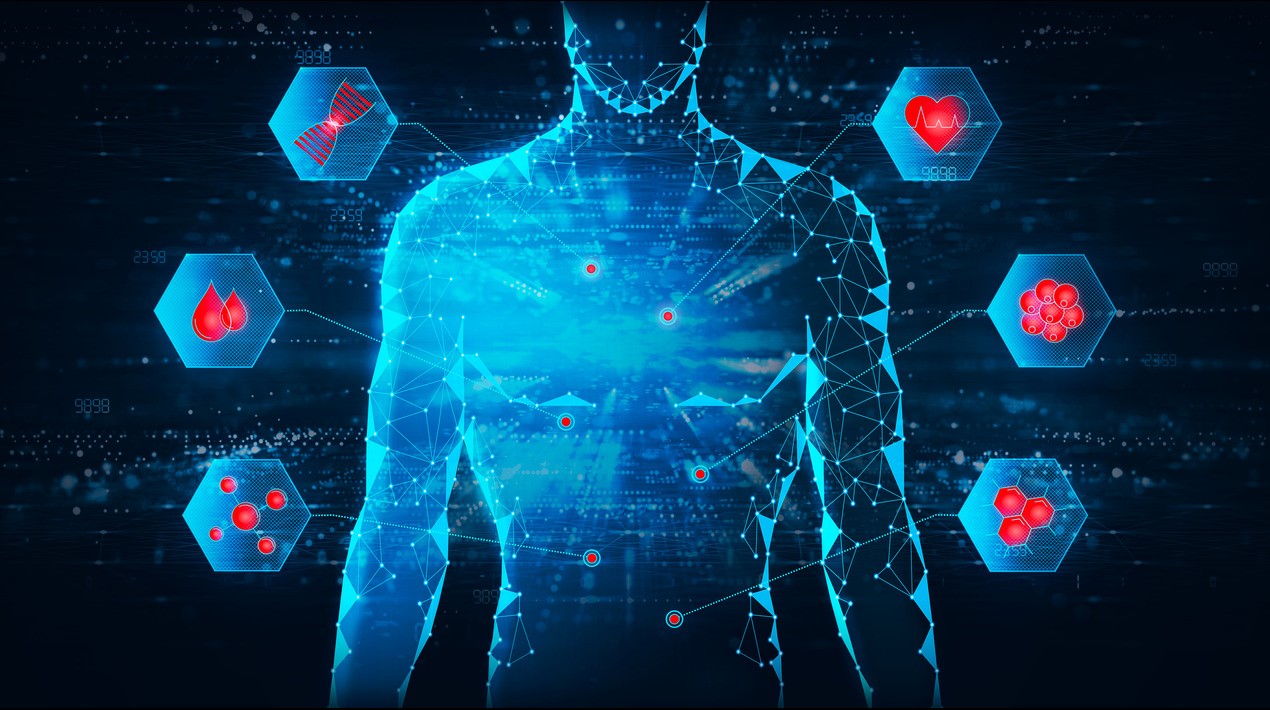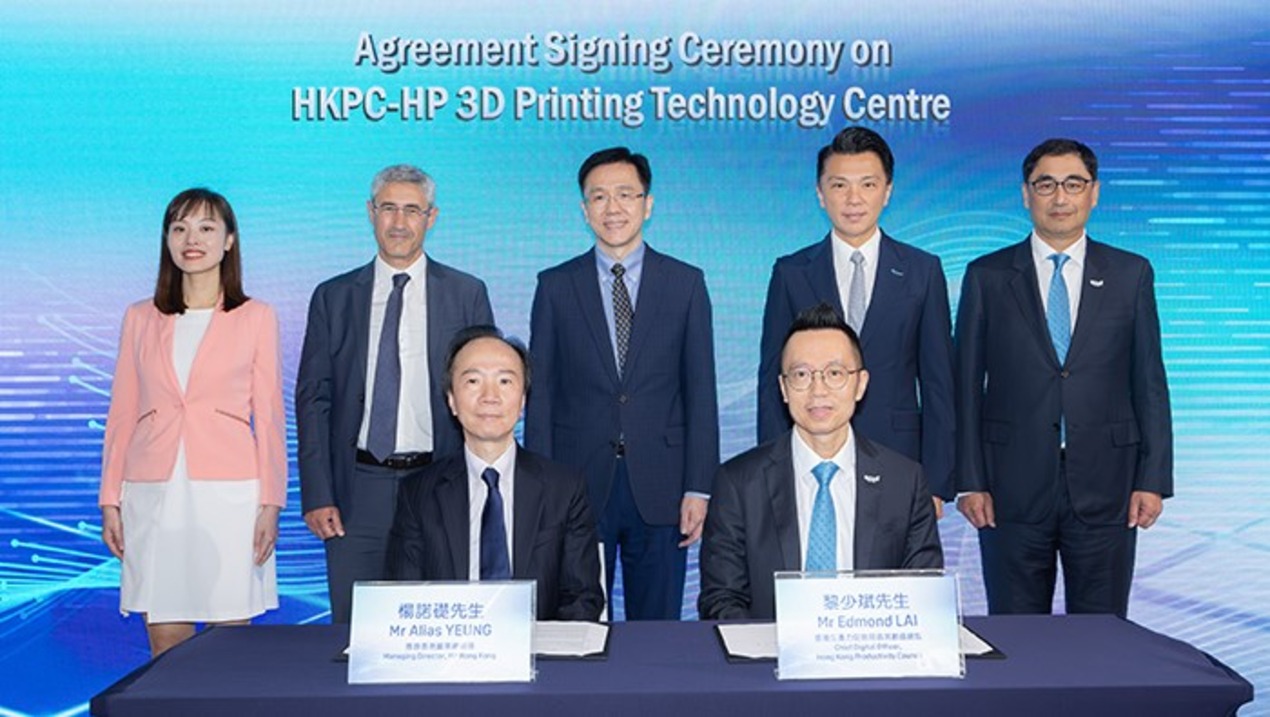
The government of Singapore has awarded $10.8 million to managing a legal technology research programme, which aims to digitise various laws, rules and agreements in the country.
The grant was awarded to the Singapore Management University’s (SMU’s) School of Law. It will be used to establish a Centre for Computational Law (CCL). The grant has been provided by the National Research Foundation Singapore, a government department which operates under the Prime Minister’s Office.
Research Programme to Develop Smart Contract Programming Language
The SMU stated that it’s a five-year research program, which will aim to create “smart” contracts and “smart” statutes. The initiative will begin with the design and development of a domain-specific, high-level computer programming language that will be used to code laws, rules and contracts.
The research programme will start with the design and implementation of a domain-specific programming language (DSL) that allows for laws, rules and agreements to be expressed in code.
The announcement of the initiative has come following the launch of The Centre for Technology, Robotics, Artificial Intelligence & The Law by the National University of Singapore Faculty of Law (NUS Law).
Steps towards the Digitalisation of the Legal Industry
Mr George Loh, Director (Services and Digital Economy), National Research Foundation Singapore, said, “Digitalisation is disrupting and transforming business models and functions across all industries. We are confident that the successful applications of digital technology such as Artificial Intelligence in other business sectors can be replicated in the legal profession to transform the work of paralegals, lawyers, litigators and legal researchers.”
Mr George Loh added that “This new research programme on computational law allows Singapore to build thought leadership and digital expertise in this nascent field, and bring law firms along in the digitalisation journey to incorporate legal technology into their operations.”
The CCL will be led by Dr. Lim How Khang, who is the SMU Assistant Professor of Law and Information Systems (Practice). Dr. Khang will work cooperatively with the SMU School of Information Systems. Alexis Chun and Wong Meng Weng, who are the co-founders of Legalese, a local legaltech firm, have joined the university and program as principal research fellow and industry director, respectively.
CCLAW will be operational from April 2020. Besides focusing on computational law research, it will also conduct research on the application of cutting-edge computational technology to legal, regulatory, compliance and governance problems. In doing so, the Centre will collaborate with research centres and institutional partners, as well as the technology industry and legal professions around the world.
Research will support Singapore’s goal to become a key player in the global legaltech industry
Assistant Professor Lim How Khang said, “This is definitely an exciting time to be researching legal and regulatory-compliance technology. The true potential for such technologies, and for understanding how they integrate practically with ongoing developments in AI and blockchain, is enormous.”
“The legal sector is beginning to accelerate its push into digital transformation, and is now in a position to benefit from the development of technologies adapted for legal services” added Assistant Professor Lim How Khang.
















